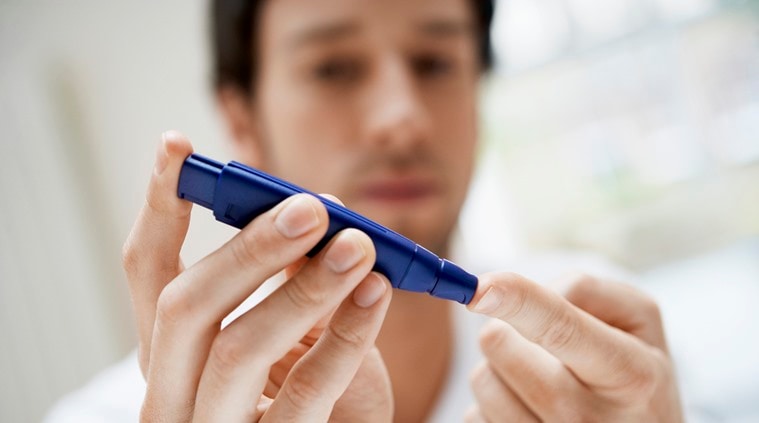Tight diabetes control can help you ward off blindness
Type 2 diabetics worrying about losing vision should know that controlled blood sugar level has a positive and lasting effect on eye health.
 There is hope for type 2 diabetics — who intensively control their blood sugar levels — when it comes to preventing vision loss. (Source: Thinkstock Images)
There is hope for type 2 diabetics — who intensively control their blood sugar levels — when it comes to preventing vision loss. (Source: Thinkstock Images)You can protect your vision from the effects of diabetes by intensively controlling your blood sugar level, according to a recent study.
People with type 2 diabetes — who intensively controlled their blood sugar level during the landmark Action to Control Cardiovascular Risk in Diabetes (ACCORD) Trial Eye Study — were found to have cut their risk of diabetic retinopathy in half in a follow-up analysis conducted four years after stopping intensive therapy.
Lead author Emily Chew said that this study sends a powerful message to people with type 2 diabetes who worry about losing vision and added that well-controlled glycemia or blood sugar level has a positive, measurable and lasting effect on eye health.
Tight control successfully reduced glycemia to an average 6.4 per cent A1C — a measure of average blood glucose — compared to 7.7 per cent among participants on standard glycemic control therapy. Although it failed to reduce cardiovascular disease risk — such as heart attack and stroke — the researchers found that the therapy had cut retinopathy progression by about one-third by the end of ACCORD. Results also point to a possible role for ongoing use of fenofibrate to treat diabetic retinopathy, if taken regularly.
Based on ACCORD findings, fenofibrate might be worth taking to control diabetic retinopathy progression. Other countries — including Australia — have approved fenofibrate for treating diabetic retinopathy but not the US, said Chew.
The study appeared in the journal Diabetes Care.
- 01
- 02
- 03
- 04
- 05



























